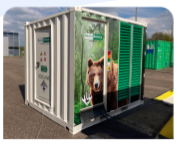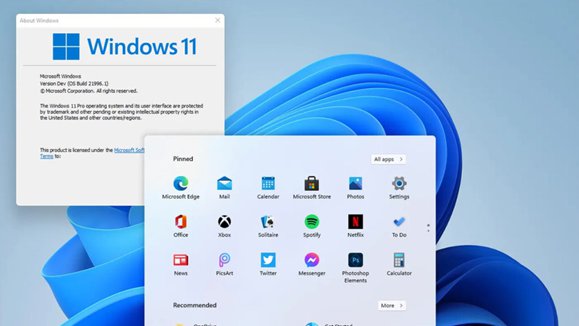Renting a generator can be a lifesaver for various events and situations, ranging from outdoor weddings to construction sites. However, the process is not as straightforward as it may seem. To ensure you get the most out of your rental and avoid common pitfalls, it’s essential to be well-prepared and informed. This guide provides expert advice on Rent a generator to help you avoid common mistakes and make your experience as seamless as possible.
Understand Your Power Needs
The first step in renting a generator is to understand your power requirements. Generators come in various sizes and capacities, and choosing the right one depends on the specific needs of your event or project. Start by listing all the equipment and appliances that will require power and their wattage. Add up the total wattage to determine the minimum generator capacity you’ll need. Remember to consider both starting watts (the initial surge of power needed to start an appliance) and running watts (the continuous power required to keep it running).
Consider the Location and Environment
The location where the generator will be used plays a crucial role in selecting the right model. For outdoor events, you may need a portable generator with weather-resistant features. For construction sites, a rugged, heavy-duty generator might be more appropriate. Additionally, consider the noise level of the generator, especially if it will be used in a residential area or during an event where loud noise could be disruptive. Opt for generators with lower decibel ratings or those equipped with noise-reducing technology.
Plan for Fuel and Maintenance
Generators require fuel to operate, and different models use various types of fuel, such as gasoline, diesel, or propane. Ensure you have a reliable fuel source and understand the generator’s fuel consumption rate. It’s also wise to have extra fuel on hand, especially for extended use. In addition to fuel, consider the generator’s maintenance needs. Some rental companies offer maintenance services, but it’s always good to know basic maintenance tasks like checking oil levels and cleaning air filters to ensure optimal performance.
Check for Permits and Regulations
Before renting a Rent a generator (Aggregaat huren) , research any permits or regulations that may apply to your area or event. Some locations have strict noise ordinances, emission standards, or other regulations that could affect your generator use. Failing to comply with these regulations can result in fines or other penalties. Contact local authorities or consult with the rental company to ensure you meet all necessary requirements.
Read the Rental Agreement Carefully
The rental agreement is a critical document that outlines the terms and conditions of your generator rental. Read it thoroughly to understand what is included in the rental, such as delivery, setup, and pickup services. Pay attention to the rental duration, late return fees, and any additional charges for fuel or maintenance. Make sure you are clear on the policies regarding damages or malfunctions and the steps to take if the generator fails during your rental period.
Seek Professional Advice
If you’re unsure about any aspect of renting a generator, don’t hesitate to seek professional advice. Rental companies often have experts who can guide you through the selection process, help you determine your power needs, and provide recommendations based on your specific requirements. Taking advantage of their expertise can save you time, money, and potential headaches.
Test the Generator Before the Event
Finally, always test the generator before your event or project begins. This step ensures that the generator is functioning correctly and allows you to familiarize yourself with its operation. Conduct a trial run by connecting some of your equipment to verify that the generator can handle the load. Address any issues or concerns with the rental company immediately to avoid last-minute surprises.
Conclusion
Renting a generator can be a straightforward and beneficial process if you take the time to plan and prepare adequately. By understanding your power needs, considering the location and environment, planning for fuel and maintenance, checking for permits and regulations, reading the rental agreement carefully, seeking professional advice, and testing the generator beforehand, you can avoid common pitfalls and ensure a successful rental experience. Follow these expert tips to make your next generator rental smooth and stress-free.
Avoid Common Pitfalls: Expert Advice on Renting Generators for Any Occasion



